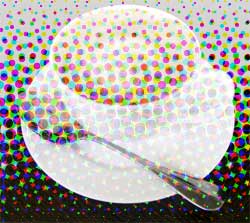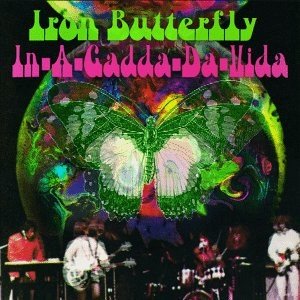The world looks back
Online, NCPR's main aim is to inform the region about itself and about the world. A secondary aim is to inform the world about the North Country. In crunching the numbers, I am amazed at the way the second task works. One third of our traffic arrives via search engines such as Google. Most comes from North America, but in the last month we have had visitors from more than 100 countries, including 310 visits from the United Kingdom, 99 from Japan, 68 from Brazil, 107 from Austalia, 12 from South Africa, 20 from Jordan, and two from Fiji.
 One of the slightly creepy wonders of a good stats package is that I can tell where visitors from a given country or city landed in our site. One of our Fijian visitors viewed an audio slideshow about an Ontario beekeeper. A visitor from Myanmar looked at our series on biofuels. One visitor from Sarajevo went to The Folk Show page; another went to the Community Calendar. Three visitors from China apparently wanted to know about finding nude models in Chestertown. Visitors from Iran wanted to know about trash burning and to hear a review of "My Fair Lady." One Ukrainian likes Celtic harp and flamenco guitar, while our single Paraguayan visitor favors String Fever. UpNorth Music performer Kevin Irwin has at least one fan in Poland. Next door in Germany they are listening to Celia Evans and Scott Shipley.
One of the slightly creepy wonders of a good stats package is that I can tell where visitors from a given country or city landed in our site. One of our Fijian visitors viewed an audio slideshow about an Ontario beekeeper. A visitor from Myanmar looked at our series on biofuels. One visitor from Sarajevo went to The Folk Show page; another went to the Community Calendar. Three visitors from China apparently wanted to know about finding nude models in Chestertown. Visitors from Iran wanted to know about trash burning and to hear a review of "My Fair Lady." One Ukrainian likes Celtic harp and flamenco guitar, while our single Paraguayan visitor favors String Fever. UpNorth Music performer Kevin Irwin has at least one fan in Poland. Next door in Germany they are listening to Celia Evans and Scott Shipley.
All told, the world appears to be getting a somewhat quirky and spotty view of the North Country. But then consider what I know about Fiji--nice beaches, or Paraguay--it's in South America. I have to wonder though, just what do they make of 'enry and Eliza in Tehran.
Labels: media, North Country, public radio, search optimization, web design




